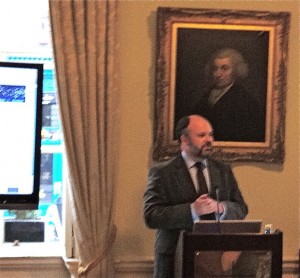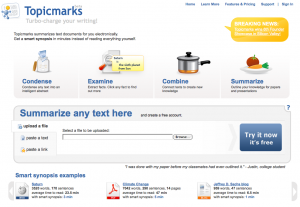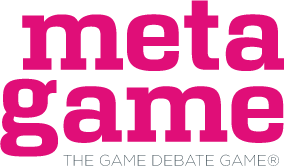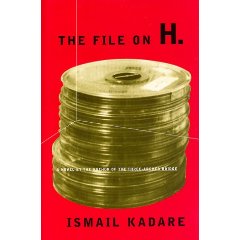Jeffrey R. Young has an article in the Technology section of The Chronicle of Higher Education enjoining us to Beware Social Media’s Surprising Dark Side, Scholars Warn CEO’s (March 20, 2011). The article is about a South by Southwest Interactive conference that brought together researchers and industry.
One of the big trends is using crowdsourcing or micropayments to get work done for free or very little. Jonathan Zittrain, a Harvard law professor warned that this could be exploitative.
Mr. Zittrain began his argument against crowdsourcing with the story of the Mechanical Turk, a machine in the 18th century that was said to play chess as well as a human. But the contraption was a showy fraud; a man hidden inside moved the arms of a turban-wearing mannequin. Amazon, the online shopping giant, now offers a crowdsourcing service it calls Mechanical Turk, which lets anyone, for a fee, commission unseen hands to work on tasks like proofreading documents or identifying artists in musical recordings.
The similarity of crowdsourcing to a man shoved inside a box means the practice isn’t exactly worker-friendly, the professor argued. “In fact, it’s an actual digital sweatshop,” he said of the many sites that use the approach.
Fees paid for crowdsourced tasks are usually so meager that they could not possibly earn participants a living wage, Mr. Zittrain argued. He is familiar with one group drawn to the services: poor graduate students seeking spending money.
I wonder if anyone has proposed a code of ethics for crowdsourcing? Thanks to Megan for sending this to me.





